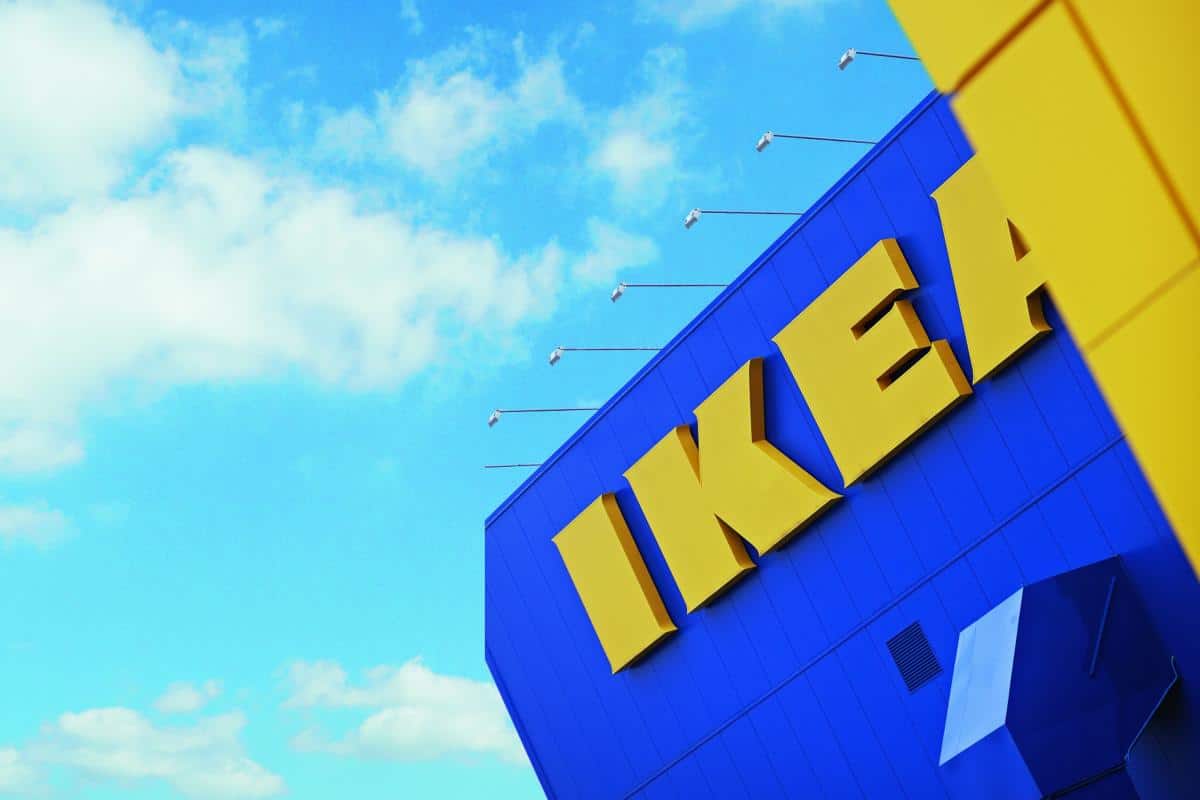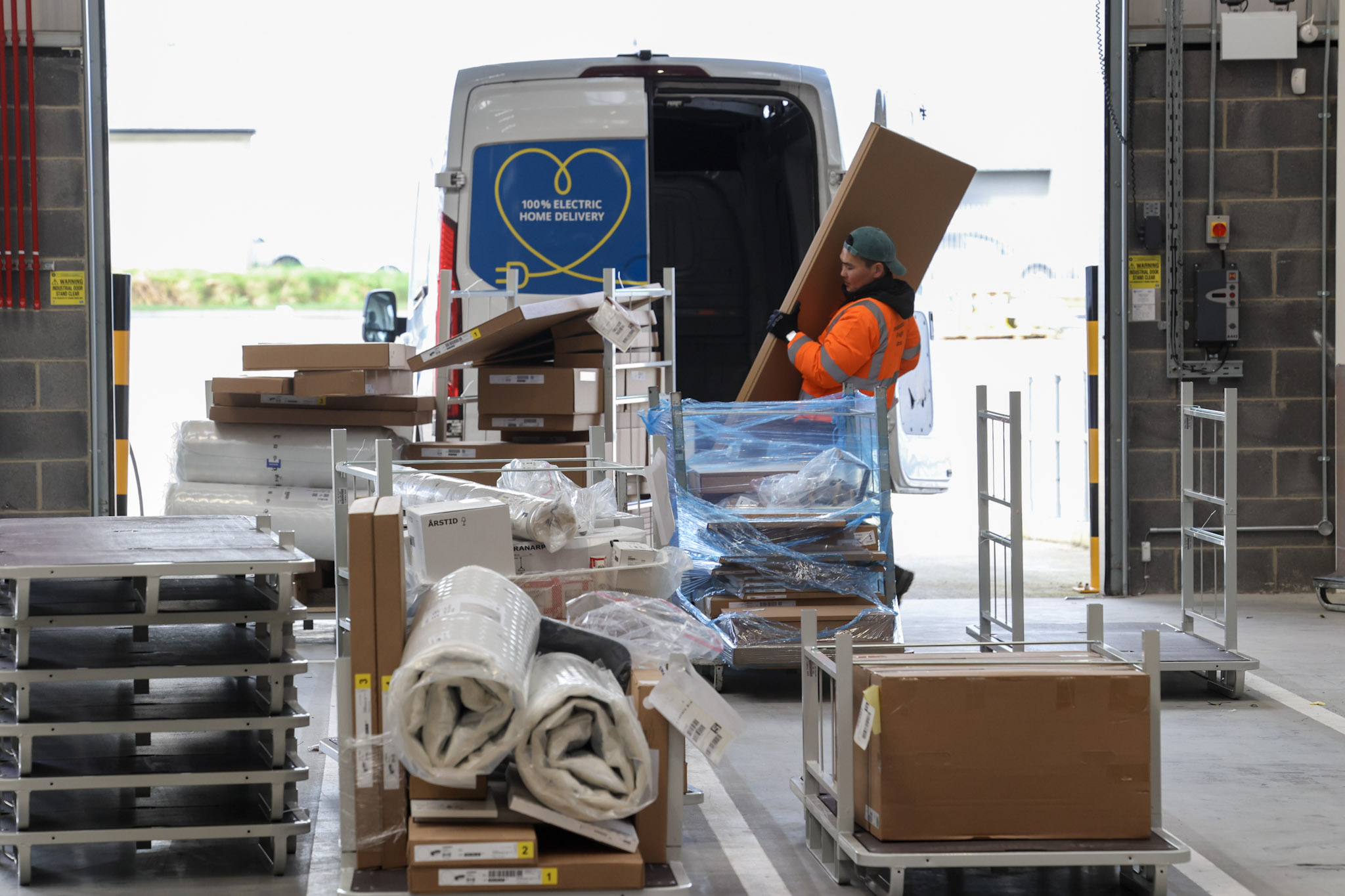The news that Boots the Chemist in the UK is looking at potentially culling 200 of its stores– 10% of its UK footprint – in a wide-ranging review looks like yet another blow for the beleaguered High Street. However, it is one of the clearest signals yet at just how some retailers understand the new retail world and how others don’t.
Commenting on the proposed closures at Boots, retail analyst Leigh Moody at SOTI points out that “brick and mortar retailers urgently need to adapt in order to survive in today’s competitive retail landscape. Rather than competing against the online world of e-commerce, retailers should be adopting the right strategies to complement it and accommodate changing shopping habits. If store retailers want to remain competitive in today’s volatile climate, they need to be agile and adopt systems that make online to in-store transactions seamless”.
This short snippet it perhaps the most central tenet of what is wrong with many of today’s retailers: they simply aren’t on the same page as the shoppers.
Look at IKEA – and having visited IKEA twice over the Bank Holiday weekend, you have no idea how much it pains me to say that – it sees how it needs to adapt what it does for the digital age. It is a successfully bricks and mortar retailers and what it sells lends itself to that. However, it still has to work hard to make what it does attractive.
Using meatballs and mocked-up living rooms it makes its stores a destination worth travelling to. But it also knows that it needs to transfer that to the digital realm. Starting in the Netherlands and France – and likely to reach the UK before year-end – it is rolling out a revamped app that aims to bring that store experience to the home.
While details are scant, it is thought that the app is likely to build on the retailer’s existing forays into augmented and virtual reality, allowing shoppers to place goods in their home virtually before making purchase decisions.
It is also expected to revamp how to shows products on its app, how it recommends goods and how it uses reviews.
It will be exciting to see how it leverages mobile in the coming months, but the important thing is that it is working with ideas to get the experience of the store out to the mobile, while still using those meatballs to get people back into the store. This is the sort of experience – across channels – that SOTI’s Moody references and the sort of experience that retailers need to employ.
It can’t be stressed enough: the web hasn’t killed the High Street it is just changing how people want to shop and how they want to interact with stores – and technology holds the key to opening up both those doors.
Boots – and many other retailers – could also do well to look at how to leverage the power of TV. With Love Island starting on ITV on Monday, research looking at last year’s show by eBay suggests that many of the audience watching will be picking up their phones and looking to buy the things that the contestants are wearing, drinking, eating, talking about and even where they are staying in sunny Majorca.
This phenomenon isn’t necessarily just linked to popularist shows like Love Island. Get the right brands associated with the right programmes and suddenly TV returns to its position as arbiter of taste.
Blanket advertising may not be the way for many brands to reach their niche audiences in this digital day and age, but nuanced tie ups with the right content certainly is.










